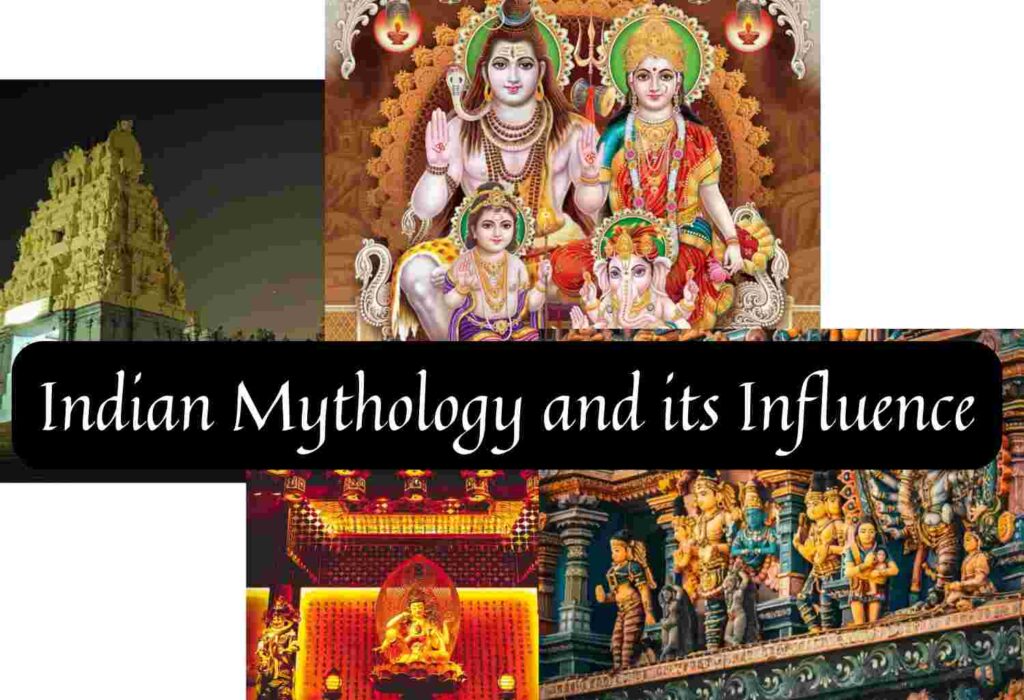
Indian mythology serves as an expansive reservoir of intricate tales and traditions, passed down through generations and leaving an indelible mark on literature, art, and contemporary culture.
Hindu mythology, with its array of deities like Rama, Krishna, and Shiva, deeply permeates the Indian psyche, imparting vital lessons on morality, dharma, and karma. Jain mythology, centered on non-violence, features animal protagonists conveying profound insights into life and death. Simultaneously, Buddhist mythology, rooted in enlightenment and liberation from suffering, portrays the Buddha as a symbol of wisdom and compassion.
This diverse mythological landscape not only shapes Indian culture but also acts as a wellspring for some of the most profound works of literature. The Ramayana and the Mahabharata, monumental epics, narrate the tales of Rama and Krishna, becoming keystones of Indian literary heritage. Additionally, revered works like The Puranas, The Upanishads, The Bhagavad Gita, and The Panchatantra delve into the realms of philosophy, morality, and storytelling.
The influence of Indian mythology extends beyond literature into the realm of art, adorning the country’s temples with exquisite sculptures and paintings depicting vivid scenes from Hindu mythology. From the Ajanta and Ellora Caves to the Tanjore and Khajuraho Temples, Indian art resonates with mythological motifs, showcasing the profound impact of these ancient tales.
Even in contemporary times, Indian mythology maintains its sway over cultural expressions. Popular festivals like Diwali and Holi are deeply rooted in Hindu myths, infusing modern celebrations with age-old narratives. Indian cinema and television, too, frequently draw from the vast reservoir of Hindu mythology, bringing these stories to life for a wider audience.
Surprisingly, Indian mythology has also transcended geographical boundaries, making its mark on Western popular culture. Films like Life of Pi and The Matrix incorporate elements inspired by Indian myths, showcasing the global resonance of these timeless stories.
In essence, Indian mythology remains a dynamic force, continually shaping and reshaping the cultural narrative. Its enduring impact on literature, art, and contemporary culture stands as a testament to the timeless power of these ancient stories, resonating across centuries and borders.




